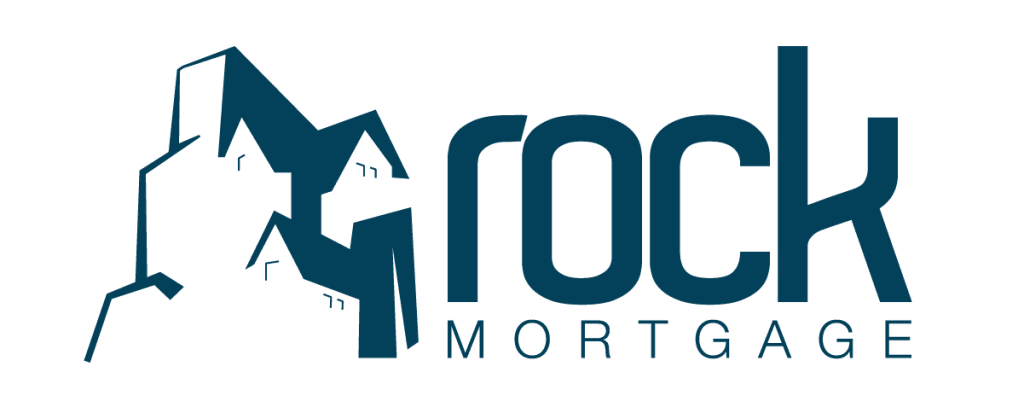When shopping for a loan most people are only concerned about interest rate, a smart shopper should also be concerned about the mortgage closing costs that come along with purchasing or refinancing a home. Most people are shocked to learn how many people are involved with your closing, “well, until they see the closing costs worksheet that is”. The fees are broken into sections, here’s the list of those people\parties that are involved and a basic explanation of each major fee and who typically pays it.
Section: A – Lender fees/Discount Points and Origination
- Discount points- With most mortgage companies you’ll pay between .500% – 1.00% for their lowest interest We offer our lowest interest rates (par interest rate) without a discount point, but we do offer you an opportunity to buy it down below par. Just make sure you’ll be in the house long enough to re-coup the cost of the discount point (normally 60 to 72 months)
- Origination fee- This is how a lot of mortgage brokers and small banks make most of their profit. By charging an additional fee to increase the amount of money they are making on individual transactions.
- Underwriting – This is typically the lenders hard cost that they are passing along to you, in most states the lender can’t mark this fee up beyond their actual cost. Average cost = $1000
- Processing fee – This is also typically a hard cost for the lender, processing your loan is time consuming and a lot of lender contract their processing to the 3rd party or pay their processor per file. Average cost = $500
Section B – Services you can shop for (99% of people don’t)
- Appraisal fee – $475 – $750 is the typical range depending on the age, location and size. Most lenders require the appraiser to be on their approved list and selecting a certain appraiser is forbidden, they have to be selected randomly in an effort to eliminate an influence in value.
- Attorney fee – $300 to $500 – The attorney typically prepares all of the documents for the borrower, if they are preparing the deed you’ll pay on the high end of the range. If the title company prepares the deed they will charge you in section B for that service as well. The attorney does not represent either party, only the documents that they are preparing.
- Credit report – $65 – $100 – Every lender out there passing this cost to the borrower and like most of the fees in this section it has to be a true expense. That aren’t allowed to make any profit from this fee. If the lender has to have balances updated or items removed, you’ll pay on the higher end of this estimate.
Section C – Services that you can’t shop for
- Escrow/closing fee – $400- $550– this is a fee that the title company charges to do your paperwork.
- Title Policy – This runs about .600% – .750% of your loan amount or sales price (loan amount is for refinances only). In Texas (our state) this is typically a seller expense (unless you’re buying a new home) when you’re buying a home. This policy insures the home has no outstanding debt, liens or mechanic liens that may cause a transfer of ownership issues.
- Ancillary Title fees- Courier $8-$12, endorsements $95-$150, tax cert $65-$95
- Survey – $400 – $750 depending on the size of the home and lot. If the seller hasn’t made in structural changes to the property since they bought it, we can use their survey with title company approval.
Section D – Subtotals Section A + B + C from above
Section E- Government fees (recording & filing fees
- Recording fee- $125-$200 depending the city, county or state
Section F – Pre-paid items
- Home owner’s insurance-$800-$4000 (For a Single-Family Residence) When you finance a new home you have to pay for the entire policy in advance.
- Pre-paid Interest – If you close on the 15th of the month you are required to pay the remaining days of the month in interest. When you make your first payment, you’re paying the interest for the prior month. Keep in mind that rent is paid forward, mortgage is paid in arrears. When you make your monthly payment on December 1st, you are actually paying for the month of November.
Section G – If your monthly mortgage payment includes your property taxes & home owners’ insurance with your payment, you are required to create a joint savings account with your lender to pay your future taxes & insurance. This is called an escrow account.
- Insurance – It is required that you deposit 3 months of homeowner’s insurance (take your annual prem. and divide by 12 months and multiple times 3 to get the amount required). This is to create a cushion in the event that your home owner’s insurance comes back high the following year. By having that cushion, you will avoid an escrow deficiency or a payment increase created to correct your escrow account.
- Property taxes – – 3 months of property taxes (take your annual total tax bills and divide by 12 months and multiple times 3). This is the pay next year’s taxes when they come due. Again, by having that additional 3 months in your escrow account it can help avoid possible shortages in your escrow account. It is common for the county assessed value of your home to change, this can directly cause a shortage in your escrow account.
Section H – This is for HOA(Home Owners Association), Home warranties are collected if applicable.
Section J – Total closing cost, prepaids and other fees.
With most mortgage programs the seller is allowed to pay between 3%-6% of the sales price towards closing cost. This is important to remember if you have enough funds for your down payment but didn’t consider your mortgage closing costs. It could very well turn that dream of home ownership into reality.
Michael Ogg
Rock Mortgage
Sr. Partner.
Mortgage Closing Costs – What are they and who should pay them? | Rock Mortgage — Houston, Texas



